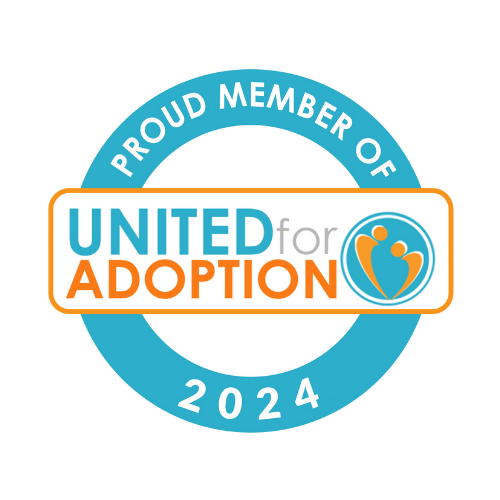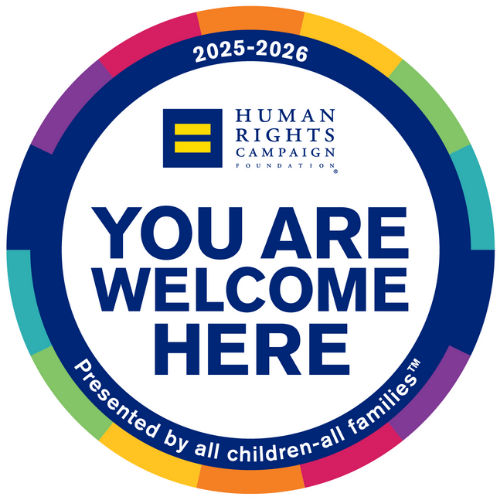April is National Diversity Month
Diversity is defined as the practice or quality of including or involving people from a range of different social and ethnic backgrounds and of different genders, sexual orientation, etc.
Imagine how difficult it would be to be placed in foster care with a family speaks a different language, celebrates different holidays, and eats unfamiliar foods. That’s why Utah Foster Care is looking for families as diverse as the children they care for.
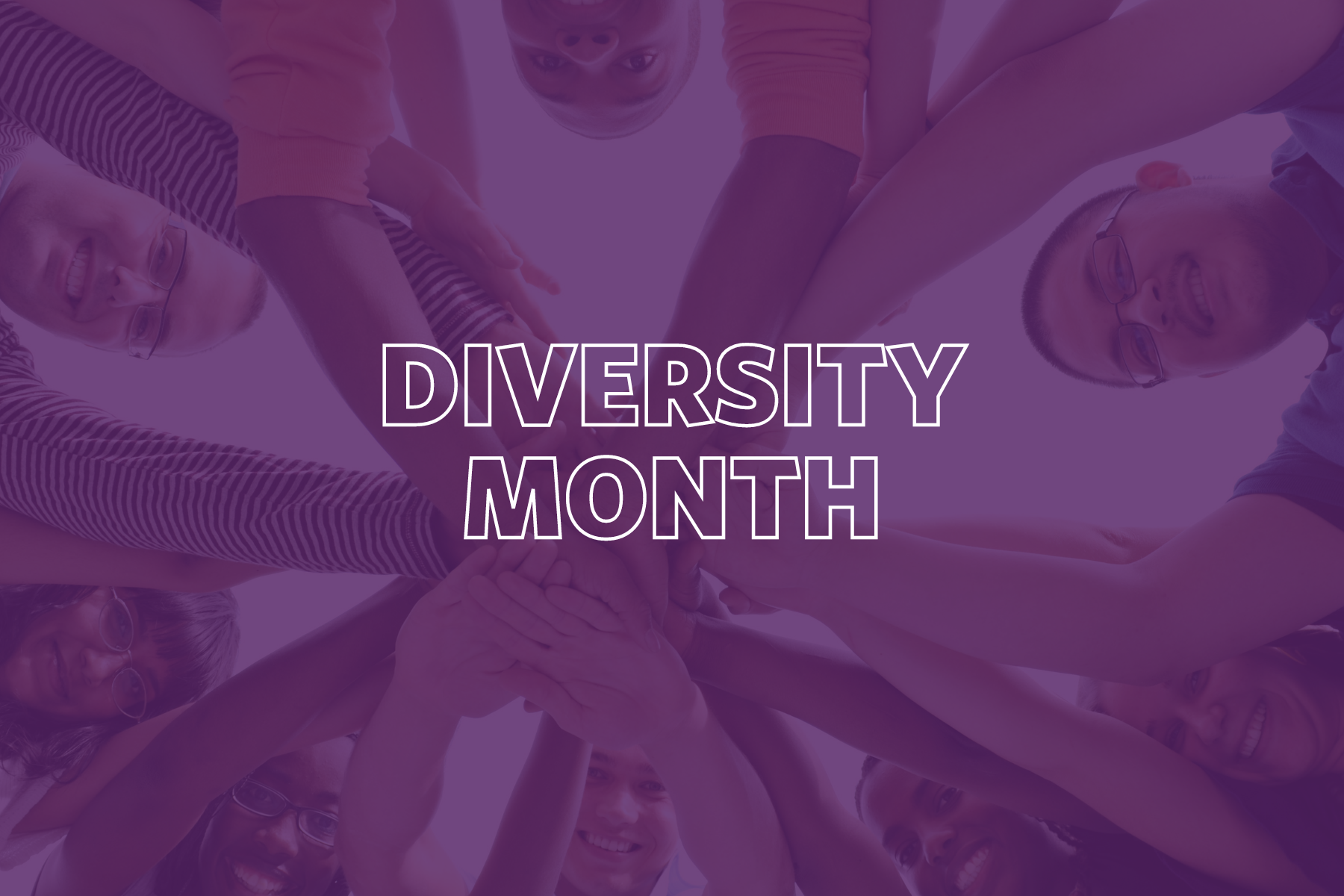
Our Diversity Specialist, Esmeralda Malili, said, “Being a person of color can be hard and challenging when you feel like you are the only one in a society where not a lot of people look or act like you. Children in foster care can feel this challenge even more when they have to leave their families and familiar surroundings.”
In Utah, BIPOC (Black, Indigenous, People of Color) children make up about 41% of the children in foster care. These children deserve homes who are as diverse as they are; a family who understands them and can help them navigate the world as they wait to hopefully be reunited with their family.
LGBTQ+
Being in foster care is tough enough; being LGBTQ in foster care can be bleak. Over 30% of youth in care identify as LGBTQ. They are 3 times more likely to attempt suicide and 4 times more likely to be kicked out or run away for being queer. But it doesn’t have to be that way.
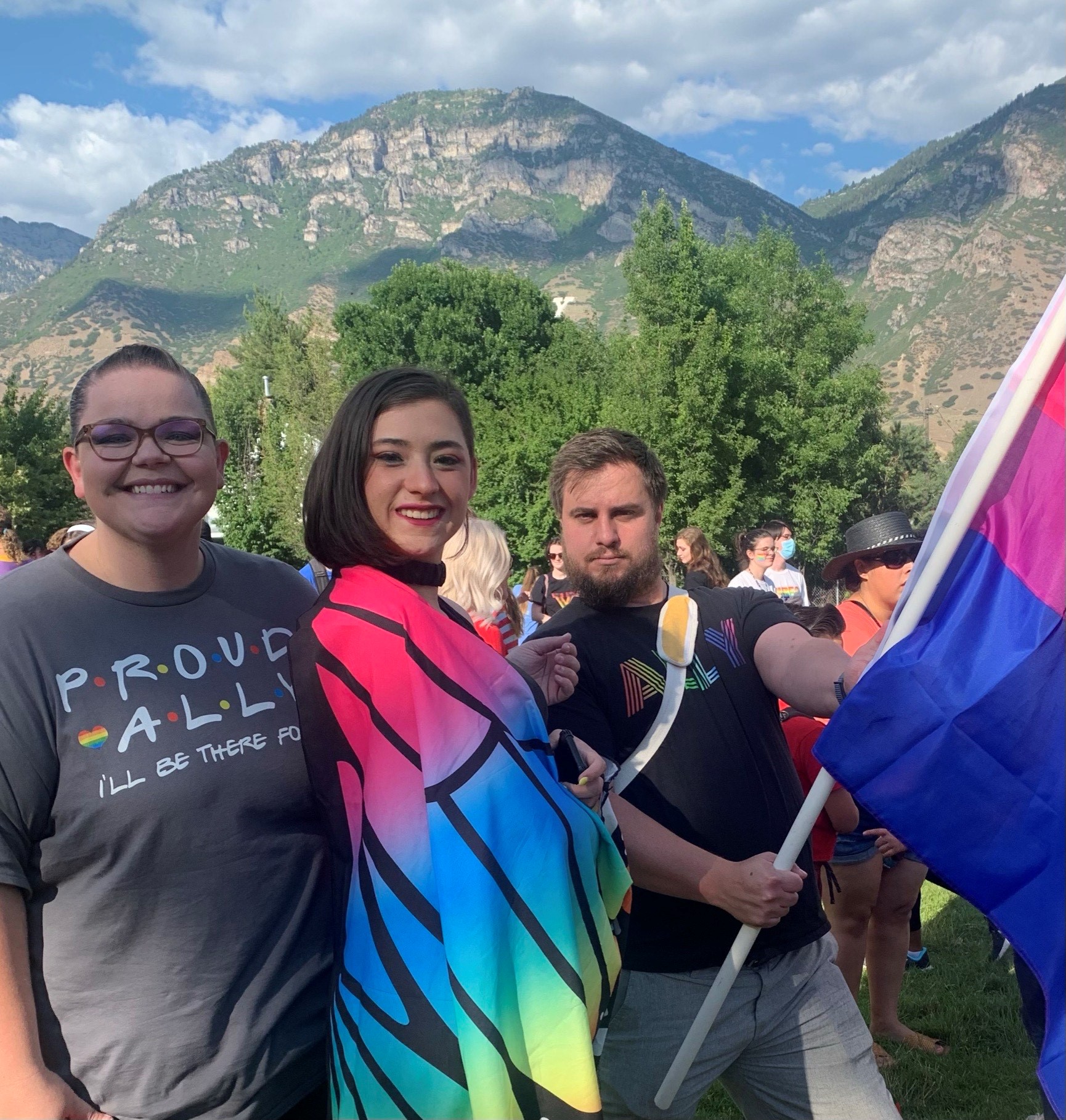
While LGBTQ youth in care face unique circumstances, their sexual orientation and/or gender identity shouldn’t be seen as an additional challenge. Queer youth are no different than their non-lgbtq peers. They experience the same milestones and turbulence as any teenager. This means that you don’t need to have special skills to care for LGBTQ youth, you just need to be a safe, affirming adult.
Visit our LGBTQ page for resources or to take our Safe Home Pledge.
Native Homes for Native Children
For American Indian/Alaska Native children in foster care, a Native foster or adoptive family can reduce trauma by allowing the children to continue practicing their culture and traditions. It may also mean the difference between long-term foster care versus permanency through adoption.
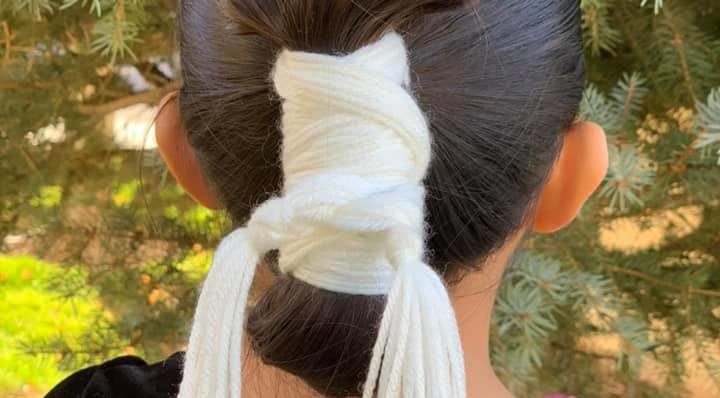
Diverse, Utah children need you.
Can you help? Fill out the form below and one of our consultants will reach out to you.




